Krunal Shah
Dec 31, 2024
Software-as-a-service (SaaS) has changed how businesses work by giving them flexibility and the ability to grow their software solutions. But as SaaS becomes more popular, the legal problems with its agreements are increasing too. SaaS contracts are important for setting the rules, security steps, data safety, and following laws. Since these contracts affect how the service provider and customer relate, it is important to know the possible legal risks.
This blog talks about important legal agreements in the SaaS industry. It points out common legal issues like data safety, property rights, and following rules. It highlights how managing contracts can help lower risks and make sure there are clear and fair deals between providers and customers.
What is SaaS?

SaaS (Software-as-a-Service) means software that you can use over the internet. This way, you do not need to install or manage software on your own devices. You can access the software whenever you need it. You don’t have to worry about taking care of hardware or servers. This model is a good and cheaper choice compared to old software. SaaS gives you more flexibility, quicker setup, and automatic updates. It changes how businesses handle their software needs.
What are SaaS Agreements?
A SaaS agreement is a legal contract between a SaaS provider and a customer. It explains the rules of service, duties, data privacy, security, and other important details of their relationship. These agreements show the pricing plans and how to handle data. They also outline the rights and responsibilities of both sides. The rules about ending the agreement, what to do if someone breaks it, and how to solve problems are mentioned too. A clear SaaS agreement helps everyone understand and lower risks.
9 Types of Agreements in the SaaS Industry
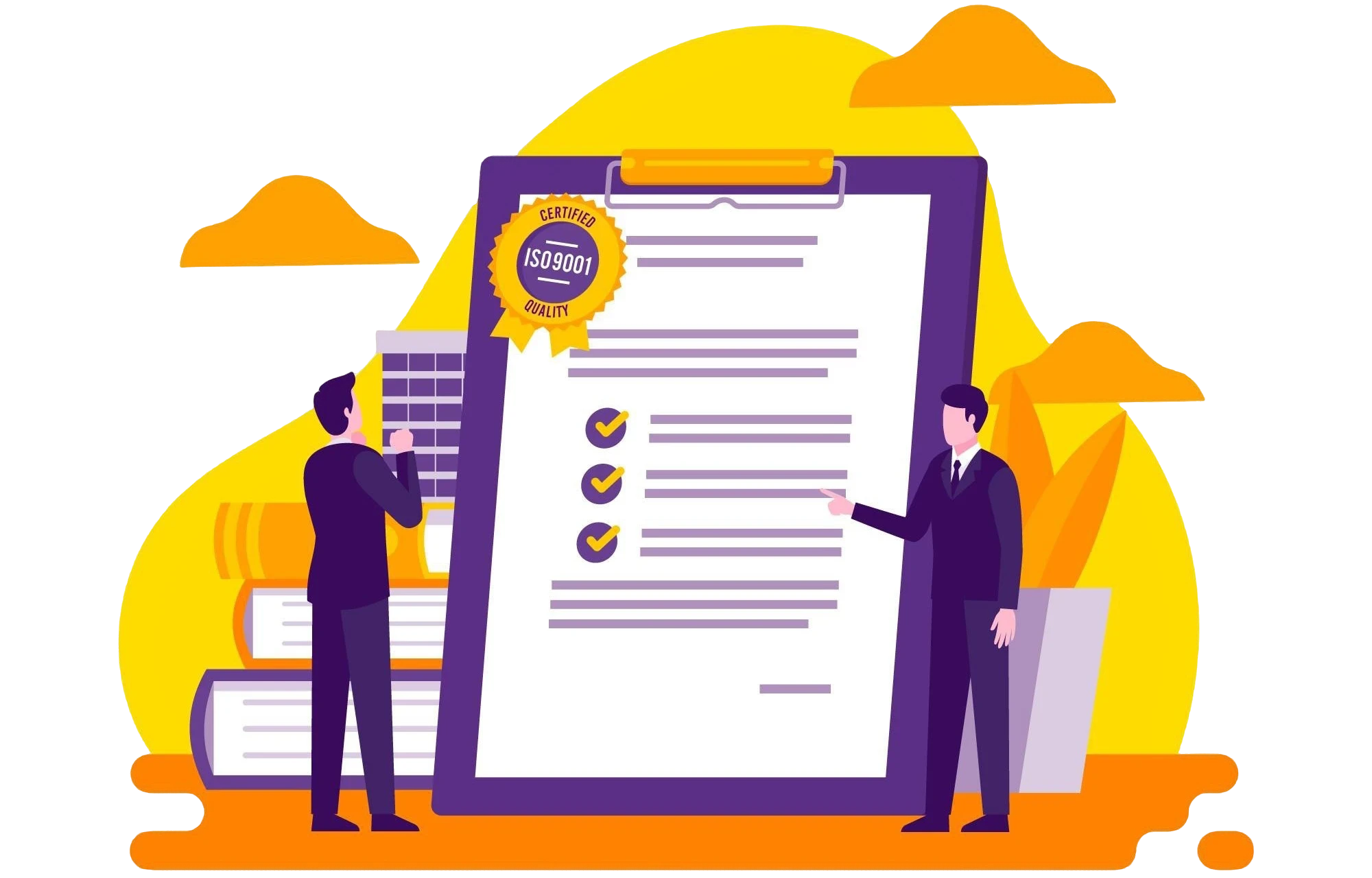
There are many agreements used in the SaaS industry. Each one covers different parts of the relationship.
Terms of Service (ToS) or Terms of Use (ToU):
The Terms of Service (ToS) or Terms of Use (ToU) agreements explain the rules for people using the SaaS product. They tell users how to act, what is okay to do, and set rules to stop misuse, like sharing or selling without permission. These agreements also explain how to address problems and what the SaaS company can do if someone breaks the rules, like ending or pausing the service. The goal is to help both sides understand their rights and responsibilities while lowering legal risks.
Service Level Agreement (SLA):
A Service Level Agreement (SLA) explains the promises a SaaS provider makes about their service. It talks about key parts like how often the service will work, how fast they will help customers, and what their goals are for performance. The SLA also mentions penalties, like service credits, if the provider fails to meet these promises. By clearly setting what to expect for service and performance, SLAs help both the provider and the customer know about service quality. They also make sure there are solutions when things do not work out as expected.
Master Services Agreement (MSA):
The Master Services Agreement (MSA) is a key contract. It outlines the main rules for the relationship between the SaaS provider and the customer. It covers important topics such as data safety, property rights, privacy, and responsibility limits. The MSA serves as a guide for more specific agreements, like SLAs and subscription agreements. This helps make all business deals and legal duties clear and safe. This document is crucial for handling long-term and complex relationships between the provider and the customer.
Subscription Agreement:
The Subscription Agreement outlines the rules for how customers can sign up for a SaaS product. It covers pricing, payment options, and subscription length. It explains billing cycles, the renewal process, and what to do if someone wants to cancel. This helps both sides understand the money and plan details. It also notes any price changes and how much notice is needed for cancellations. This agreement ensures everyone understands costs, renewal plans, and how subscriptions work over time.
Data Processing Agreement (DPA):
A Data Processing Agreement, or DPA, is necessary when the SaaS provider works with a customer's data that is private or important. This agreement helps follow data laws like GDPR, CCPA, and HIPAA. It describes how the data will be processed, saved, and protected. The DPA also talks about how to use the data, how to inform if there is a problem, and how to delete data after the contract ends. This ensures that the SaaS provider follows the right legal and security rules when managing customer data.
Non-Disclosure Agreement (NDA):
A Non-Disclosure Agreement (NDA) protects private information between the SaaS provider and the customer. It describes what private information is and the responsibility to keep it safe. It also states how long the agreement will last. The NDA helps protect important business details like special software, business plans, and customer data. It includes rules for when information can be shared legally. This agreement ensures that both parties agree to keep the information private and outlines penalties if anyone does not follow the rules.
End User License Agreement (EULA):
An End User License Agreement (EULA) lays out the rules for how people can use the SaaS product. This agreement often limits the ways the software can be used. It has rules that stop users from sharing it or letting others use it. The EULA explains how to handle disagreements and often mentions mediation or other ways to solve problems. It also has parts that describe how to end the agreement if a user breaks the rules. The EULA ensures that the SaaS provider controls how their software is used, while also stating what the user can do and what they must do.
Beta Testing Agreement:
A Beta Testing Agreement is used when a SaaS provider gives early versions of their software for testing. It explains the rules for how the software will be checked. This includes how to keep new features private and how testers can share their thoughts. The agreement might also have rules to protect the provider if the beta version causes any issues. It often mentions using data that does not show names from the testing too. This agreement helps testers understand what they need to do and how the software will be given to them.
Data Security Agreement:
A Data Security Agreement shows how the SaaS provider will protect the customer's data. This is very important for private information. The agreement talks about things like encryption levels, security certificates like ISO 27001, and what to do during a data issue. It makes sure both sides know the security rules. This includes how checks will be done and following safety laws. By stating these steps, the provider promises that data will stay safe and lessen the chance of issues.
Top 10 Legal Issues in a SaaS Agreement: A Comprehensive Guide
1. Cybersecurity and Data Breaches

Data breaches are a huge concern in SaaS agreements. These agreements save important customer information in the cloud. A breach can cause money loss, damage the company's reputation, and result in fines from authorities. Providers need to share their security plans. This includes using encryption, controlling access, and doing security checks. They must also explain how they will fix problems, like letting customers know about breaches and providing help. CLM software can help keep safety measures current and follow data protection rules like GDPR and CCPA.
2. Intellectual Property (IP) Infringement

Problems with property rights happen when it's not clear who owns the software, its pieces, and any changes made. Providers must clearly state who owns the software, its code, and any work that comes from it. If they use code made by others, it is very important to look for any legal issues. CLM software can help manage property rights and ensure that ownership and third-party licenses are taken care of. This helps lower the risk of disagreements.
3. Service Interruptions and System Failures

Service interruptions can change how a business operates. This can lead to lost money and unhappy customers. SaaS agreements should include promises for uptime, plans to handle important problems, and penalties for issues. CLM software helps monitor service levels and uptime. It can also trigger penalties or service credits when the agreed standards are not met. This way, service interruptions get fixed quickly.
4. Data Ownership and Access
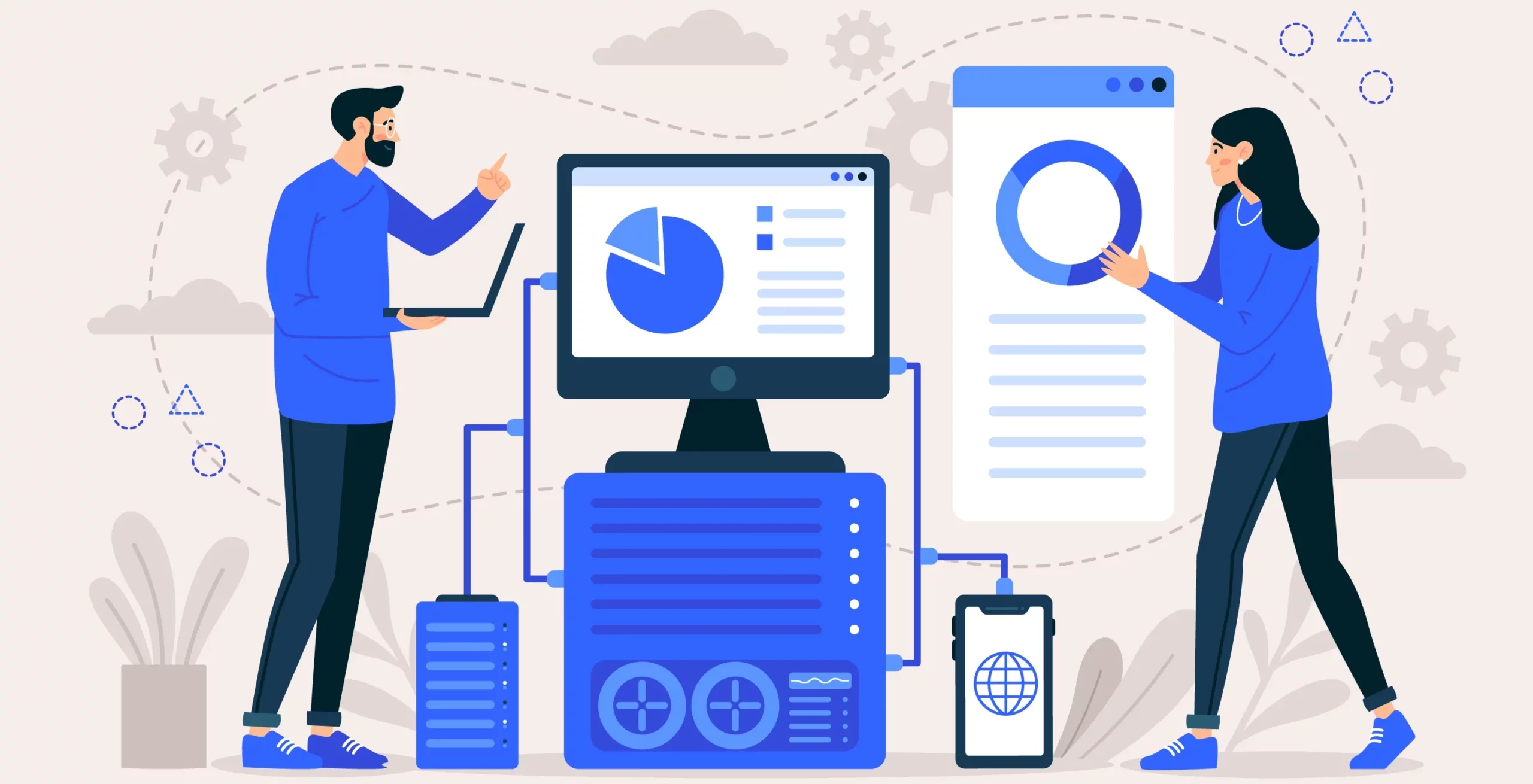
A main legal issue in SaaS agreements is who owns the data created or used by the service. It is important to have clear terms about who owns the data and who can see it. This prevents problems when moving or deleting data after the contract ends. CLM software can help keep track of the rules about data ownership and access. It ensures everything runs smoothly at the end of the contract and reduces the chance of problems.
5. Compliance and Regulatory Changes
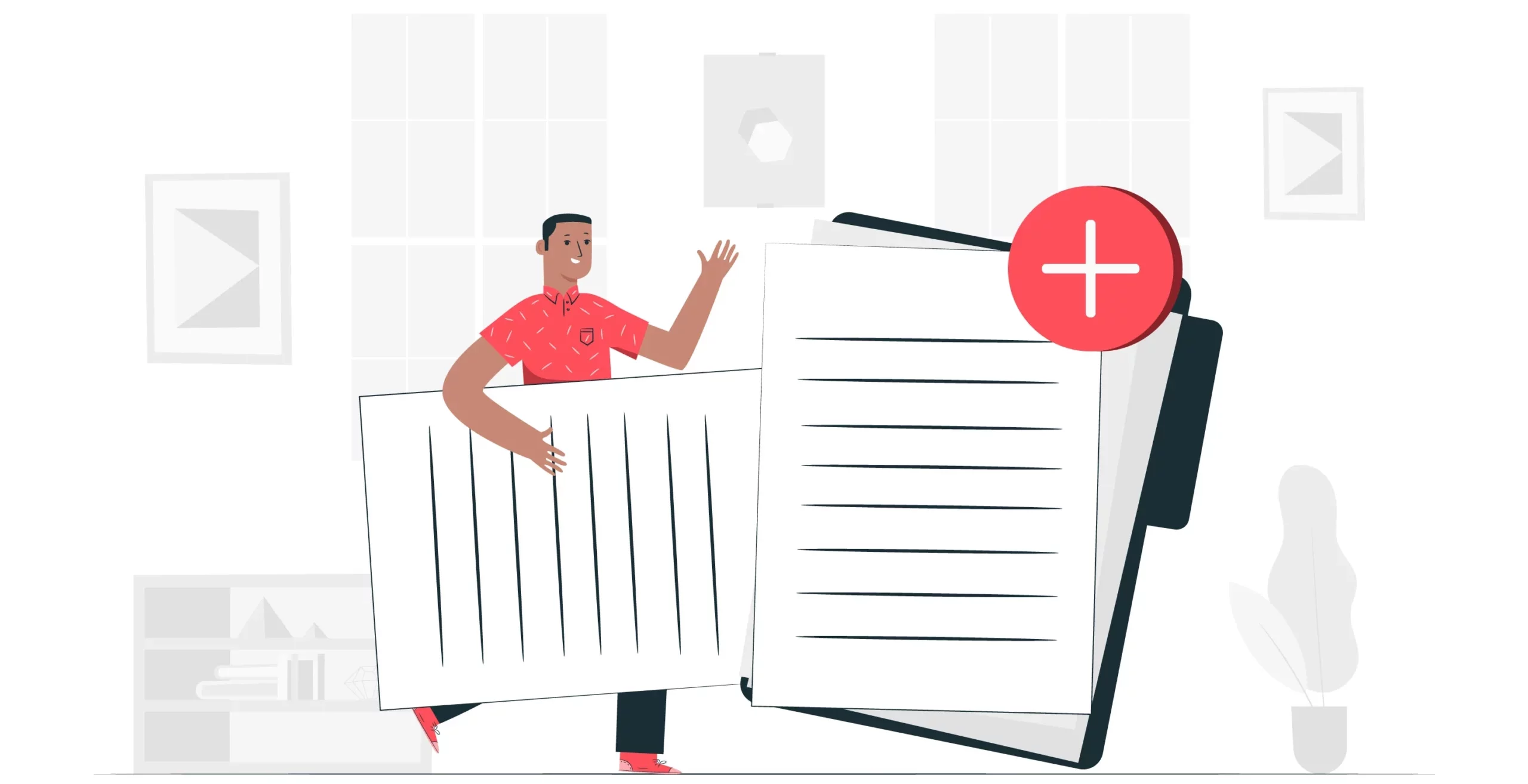
Following industry rules like GDPR, HIPAA, and SOX is very important for SaaS providers. This is true, especially for those who handle private data or work in areas that are closely monitored. Not complying can result in big fines, legal issues, and harm to a company's image. CLM software helps track changes in rules. It also ensures that contracts are updated automatically to meet new compliance needs. This helps SaaS providers stay updated with the latest legal standards.
6. Pricing and Renewal Terms

Pricing issues can arise if the agreement does not clearly state the subscription fees, renewal costs, or price increases. A clear agreement about prices and renewal terms is key to avoiding confusion. CLM software monitors pricing information and renewal dates. It alerts both parties in advance about any price changes or contract renewals. This helps ensure that all money matters of the agreement go smoothly.
7. Confidentiality and Non-Disclosure

Protecting business information is important in SaaS agreements. This includes software, business plans, and customer data. If confidentiality is broken, it can cause serious money issues and loss of customer trust. CLM software helps keep track of NDAs and confidentiality rules. This makes sure both sides do their part in protecting private information, which reduces the chances of issues.
8. Limitation of Liability
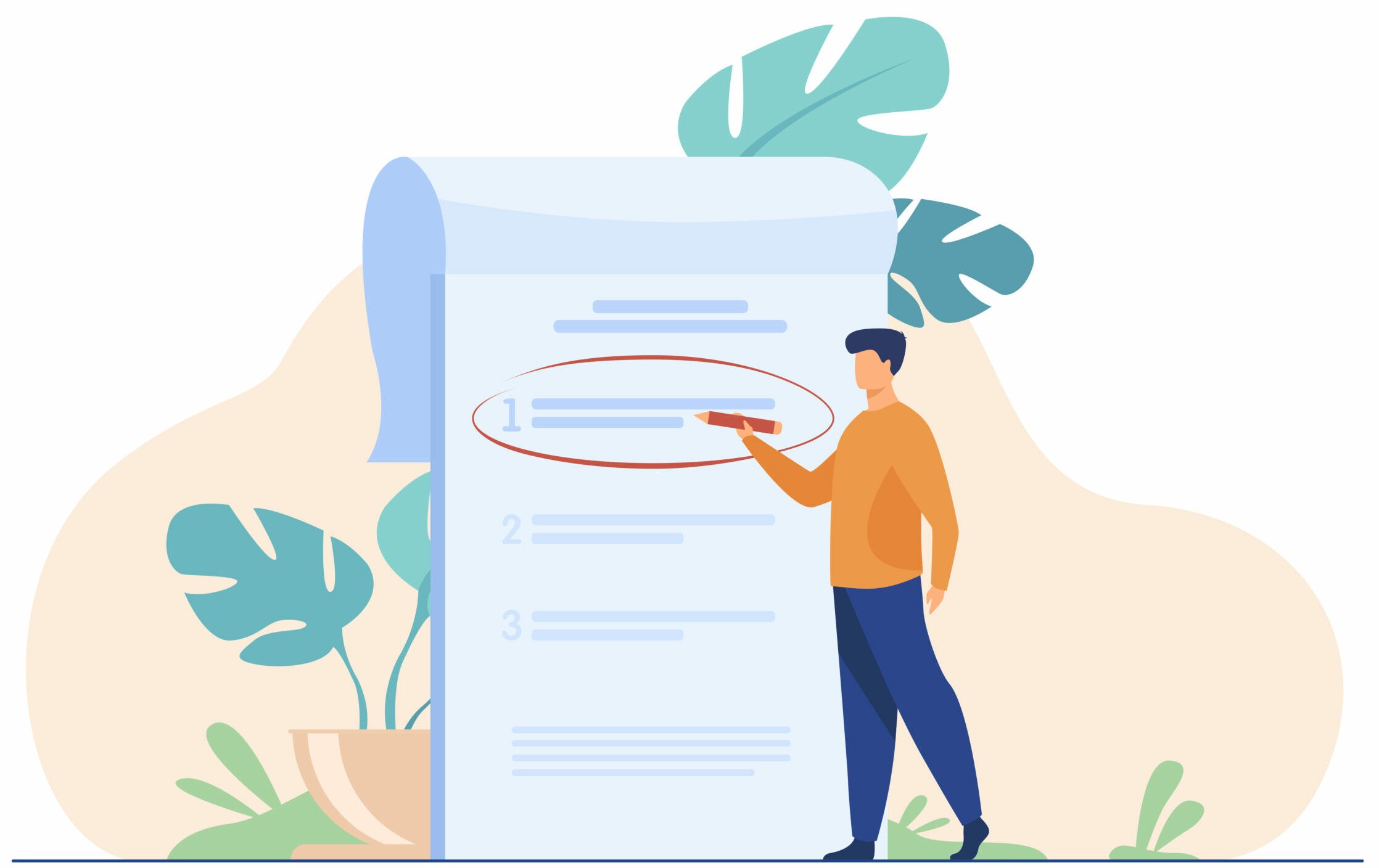
Limitation of liability clauses is key for managing risks linked to money issues from service errors, data breaches, or other problems that could arise during the contract. Without these clauses, SaaS providers might face large claims. CLM software helps ensure that liability clauses are written clearly and applied the same way in all contracts. This reduces risks for both providers and customers.
9. Termination Clauses

Termination clauses tell when either side can leave the agreement. They explain how to end the deal and what needs to happen after that. If the rules are not clear, issues might arise. This can happen if one side wants to end the contract early or does not keep their promises. CLM software helps manage the notice times, penalties, and actions needed after leaving the contract. This makes the process easier for both sides.
10. Dispute Resolution

Disputes over different parts of a SaaS agreement happen a lot. A clear way to handle these disputes can save time and money on legal fees. This can include methods like mediation or going to court. CLM software makes sure that contracts have set terms for solving disputes. It also helps keep track of the process, ensuring everyone follows the rules and may even prevent expensive court cases.
Why is SaaS Compliance Management Important?
SaaS compliance management makes sure that providers follow legal rules and security standards. This protects both sides. Good compliance practices help reduce legal risks, stop data breaches, and create trust with customers. It is important for keeping a safe, clear, and legally strong SaaS relationship.
Key Compliance Areas in SaaS Contracts
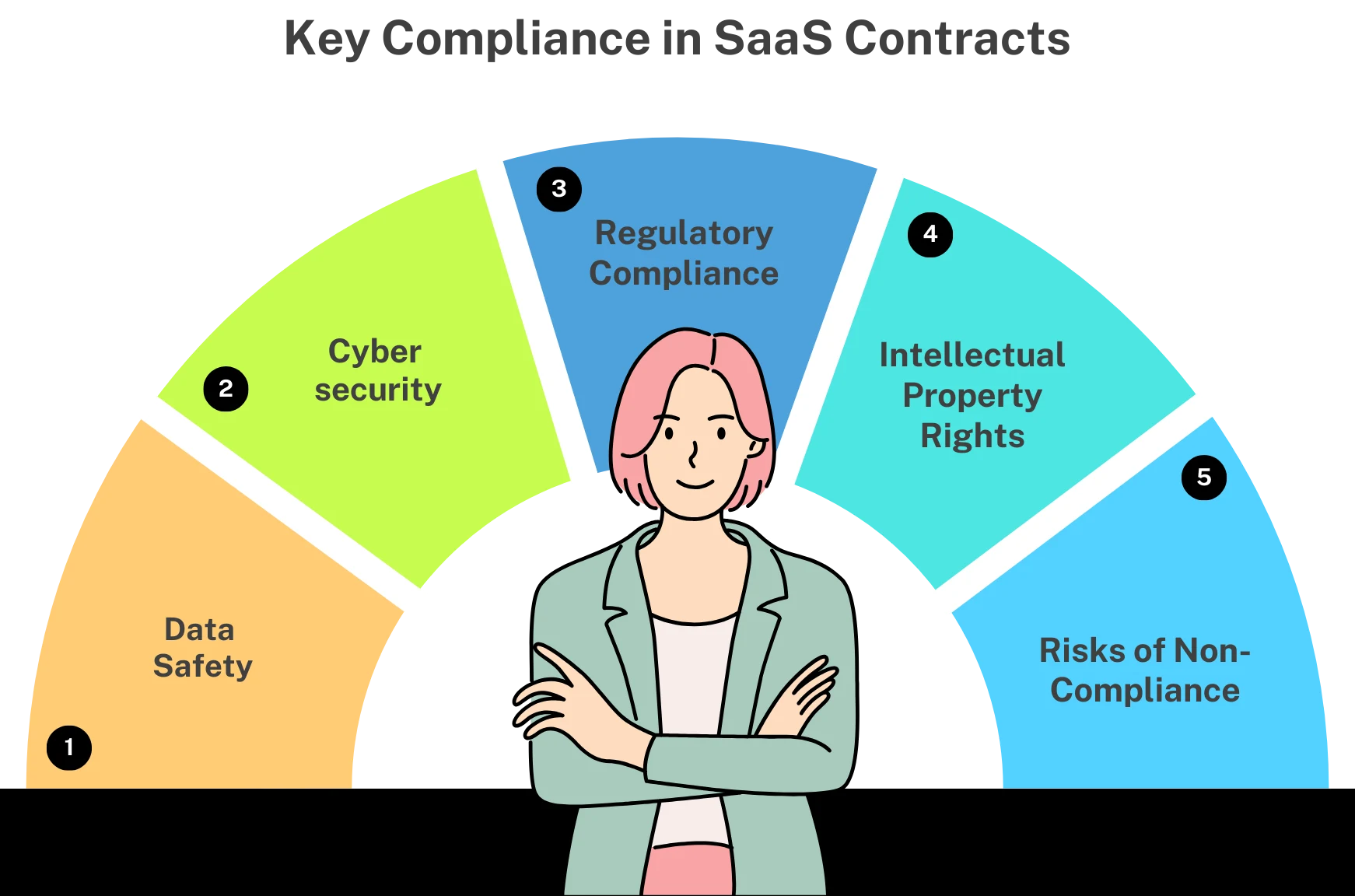
Data Safety: Rules such as GDPR and CCPA help protect private data. A SaaS contract should explain what the provider will do to store, use, and secure the data.
Cybersecurity: SaaS providers must show that their systems are safe and can stop breaches. Contracts should clearly state the actions taken to protect data and stop unauthorized access.
Regulatory Compliance: Different rules can apply based on the industry. For example, there is HIPAA for healthcare and SOX for financial services.
Intellectual Property Rights: Contracts should clearly state who owns the SaaS product and any special solutions.
Risks of Non-Compliance: Not following the rules can lead to fines. It can also damage your reputation and cause you to lose business.
How to Ensure Compliance in SaaS Contracts
Regularly checking and updating contracts can help stay in line with changing laws. Using strong data protection measures and working with legal experts are important steps. It's also vital to watch for and fix risks linked to data privacy, property rights, and cybersecurity. This is key to keeping a safe SaaS environment.
Volody AI CLM makes managing SaaS contracts easier.
Volody AI CLM makes it easier to manage legal matters in SaaS agreements. It does this by automating contract creation, tracking rules, and watching key parts of agreements. This tool makes sure important details, like data ownership, security rules, and confidentiality terms, are clear and followed. With its smart analysis and risk management tools, Volody AI CLM helps businesses follow regulations like GDPR and HIPAA. It also helps cut down on administrative work and reduces legal risks.
Conclusion
Navigating legal problems in SaaS agreements is key to building good relationships between providers and customers. By talking about important issues like data privacy, following rules, owning ideas, and service levels, both sides can create clear and fair agreements. This helps lower risks and improve the value of the SaaS model. Good contract management tools, like Volody AI contract management software, can help keep these agreements in check. This way, they build trust and support lasting success.
FAQ's
1. What is a SaaS agreement?
A SaaS agreement defines the terms and conditions for using a software-as-a-service product.
2. Why is cybersecurity important in a SaaS agreement?
Cybersecurity is crucial to protect sensitive data and comply with regulations like GDPR and CCPA.
3. What should a SaaS agreement include regarding data ownership?
It should clearly define who owns the data and the access rights for both parties.
4. How can CLM software help with SaaS agreements?
CLM software automates contract management, ensuring compliance and tracking important terms like SLAs and renewals.
5. What is the significance of dispute resolution in a SaaS agreement?
It provides a clear process for resolving conflicts, saving time, and reducing legal costs.
About the Company
Volody AI CLM is an Agentic AI-powered Contract Lifecycle Management platform designed to eliminate manual contracting tasks, automate complex workflows, and deliver actionable insights. As a one-stop shop for all contract activities, it covers drafting, collaboration, negotiation, approvals, e-signature, compliance tracking, and renewals. Built with enterprise-grade security and no-code configuration, it meets the needs of the most complex global organizations. Volody AI CLM also includes AI-driven contract review and risk analysis, helping teams detect issues early and optimize terms. Trusted by Fortune 500 companies, high-growth startups, and government entities, it transforms contracts into strategic, data-driven business assets.








